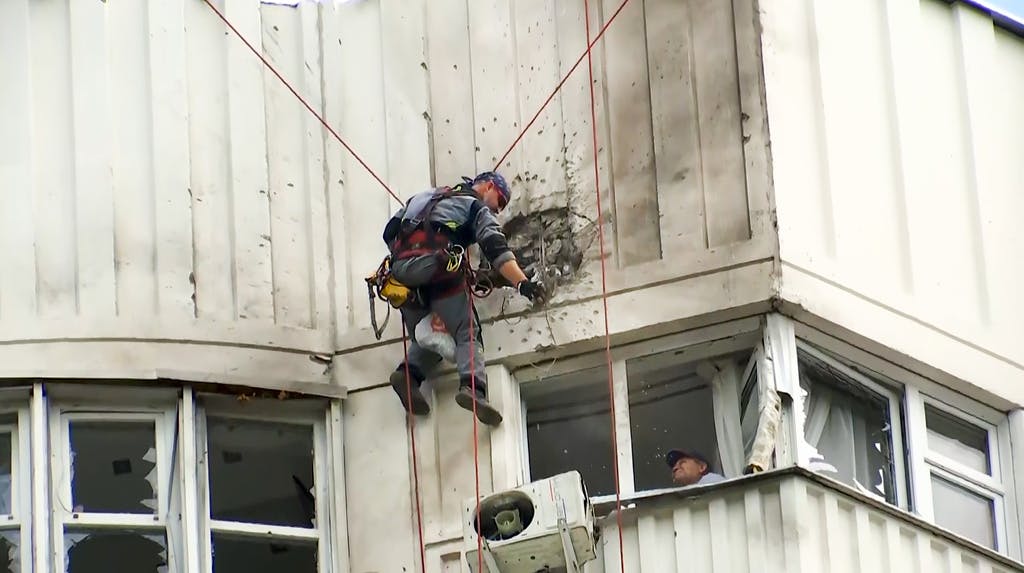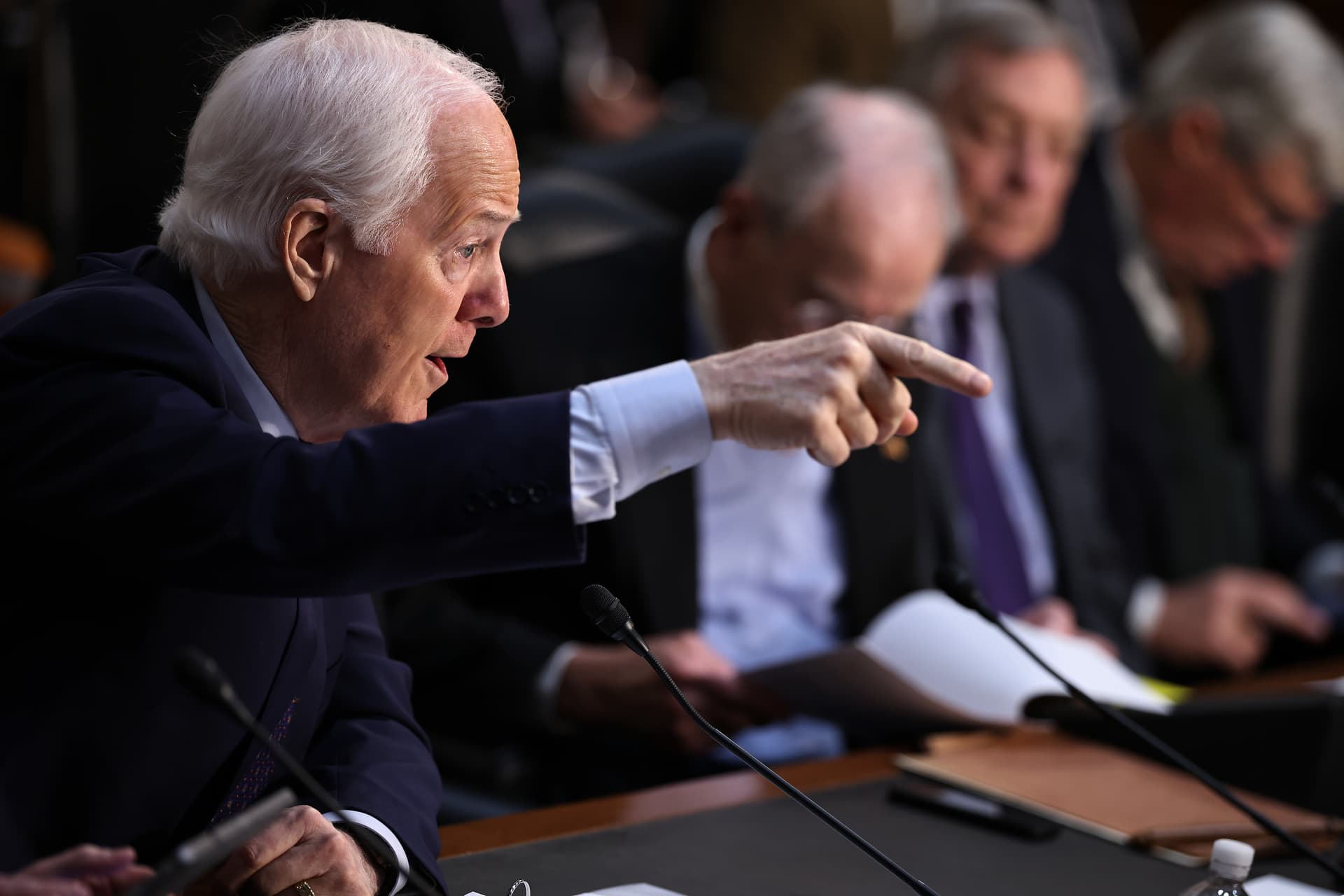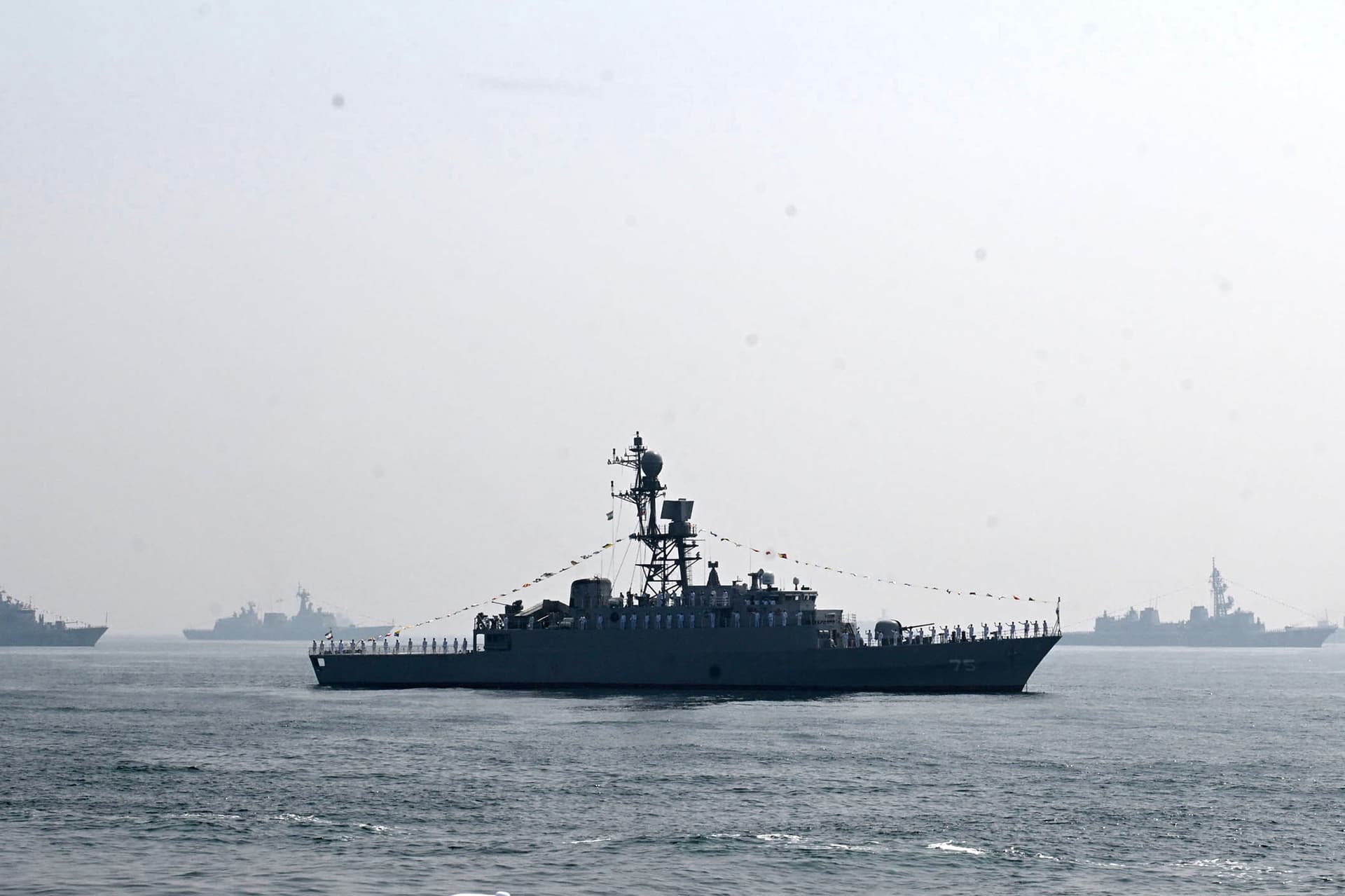
Trump Calls for Jack Smith To ‘Be Brought to Justice’ as Outrage Grows at Surveillance of President’s Aides and GOP Senators
By A.R. HOFFMAN
|Kremlin accuses, Kyiv denies, and political risks grow as the war spirals into new territory.

Already have a subscription? Sign in to continue reading
$0.01/day for 60 days
Cancel anytime
By continuing you agree to our Privacy Policy and Terms of Service.

By A.R. HOFFMAN
|
By NOVI ZHUKOVSKY
|
By MATTHEW RICE
|
By MATTHEW RICE
|
By NOVI ZHUKOVSKY
|
By LUKE FUNK
|
By MARIE POHL
|
By BRADLEY CORTRIGHT
|